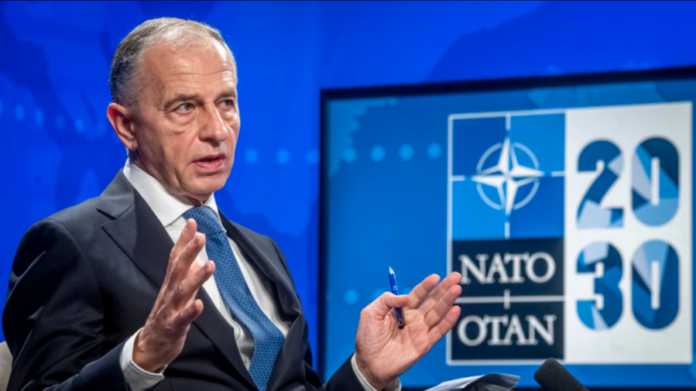NATO’s deputy secretary-general said Moldova should fear Russia less, amid growing concerns about the security situation in the former Soviet republic. Speaking on the television channel Prima TV, Mircea Geoană accused Russia of exerting “enormous pressure” on the Republic of Moldova “on all fronts”.
“It’s hybrid warfare at its best. It’s not a hot war like in Ukraine, but it’s a hybrid war at its maximum against the Republic of Moldova”, said Geoană.
However, NATO’s number two stated that he does not believe there is a “military risk to the Republic of Moldova at this time.” Moreover, the Republic of Moldova should be “less afraid of Russia, because Russia can barely deal with Ukraine”, Geoană said.
He added that the Republic of Moldova now has a very high profile in the West.
“The Republic of Moldova has a very, very high profile now, in the Western world, including here at NATO. They have been partners with NATO for 30 years. We respect the fact that it is a neutral country. The Constitution of the Republic of Moldova says that it is a neutral country, but it is not an unimportant country to NATO. And there is something more, and I work extremely hard in this direction. The Republic of Moldova is a common partner of NATO and the European Union. That’s why I’m very happy that President Macron and the European leaders decided to hold the summit, the second summit of the European political community in Chisinau, at the end of May, the beginning of June”, stated the Deputy Secretary General of NATO.
FOR THE MOST IMPORTANT NEWS, SUBSCRIBE TO OUR TELEGRAM CHANNEL!
Last week, Mircea Geoană stated that the Republic of Moldova would not be “militarily weak”, despite its neutral status, if Moscow tried to launch an attack against it.
Moldovan President Maia Sandu claimed in February that Russia, with the help of individuals posing as anti-government protesters, tried to overthrow her government and prevent her country from joining the European Union. For its part, the Kremlin has accused Ukraine of planning a false flag attack as a pretext for Kyiv’s invasion of the Transnistrian region, which Ukrainian authorities have denied.


